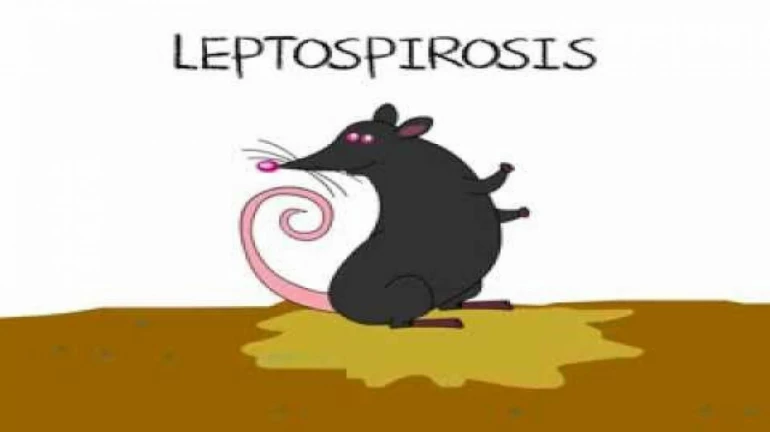
Owing to waterlogging issues during monsoon and heavy rains, Mumbai has reported a surge in leptospirosis cases in the last seven days.
Therefore, the Brihanmumbai Municipal Corporation (BMC) has urged citizens to take precautionary steps during monsoon.
The health department of the BMC has issued an advisory on this bacterial disease as more water stagnation is anticipated in the coming days.
This monsoon, the city has seen 17 leptospirosis cases so far while there were 37 cases recorded in July last year.
Moreover, according to the latest report, from July 4-10, the city reported 136 cases of gastroenteritis, followed by malaria (80), hepatitis (17), dengue (13) and leptospirosis (five). The total number of gastro cases during monsoon stand at 176, with malaria at 119.
Leptospirosis is a common infection during monsoon, especially in areas prone to flooding and waterlogging; it is caused by a bacteria called spirochete. Infectious diseases experts said the cases are bound to rise later this month and August as the season progresses.
Precautions:
Doctors have suggested that to prevent dengue, wear full-sleeved clothes to avoid mosquito bites, use repellents, close windows during evening, keep the surroundings clean and avoid water stagnation near the house. Mosquitoes prefer damp and dark places. Do not ignore symptoms of dengue such as muscle pain, body ache, vomiting, fever, and headache, and consult the doctor immediately.
Symptoms:
It usually takes five to 14 days after exposure to contaminated sources with an abrupt onset of symptoms like pain in the muscles, eye pain and headaches, followed by high fever and cold.
The redness of eyes appears first and other symptoms seem to increase gradually. The patient may recover transiently but become ill again.
If the second phase occurs, it is usually more severe, with the involvement of liver or kidney failure and meningitis. This phase can last from a few days to a few weeks, or longer.





